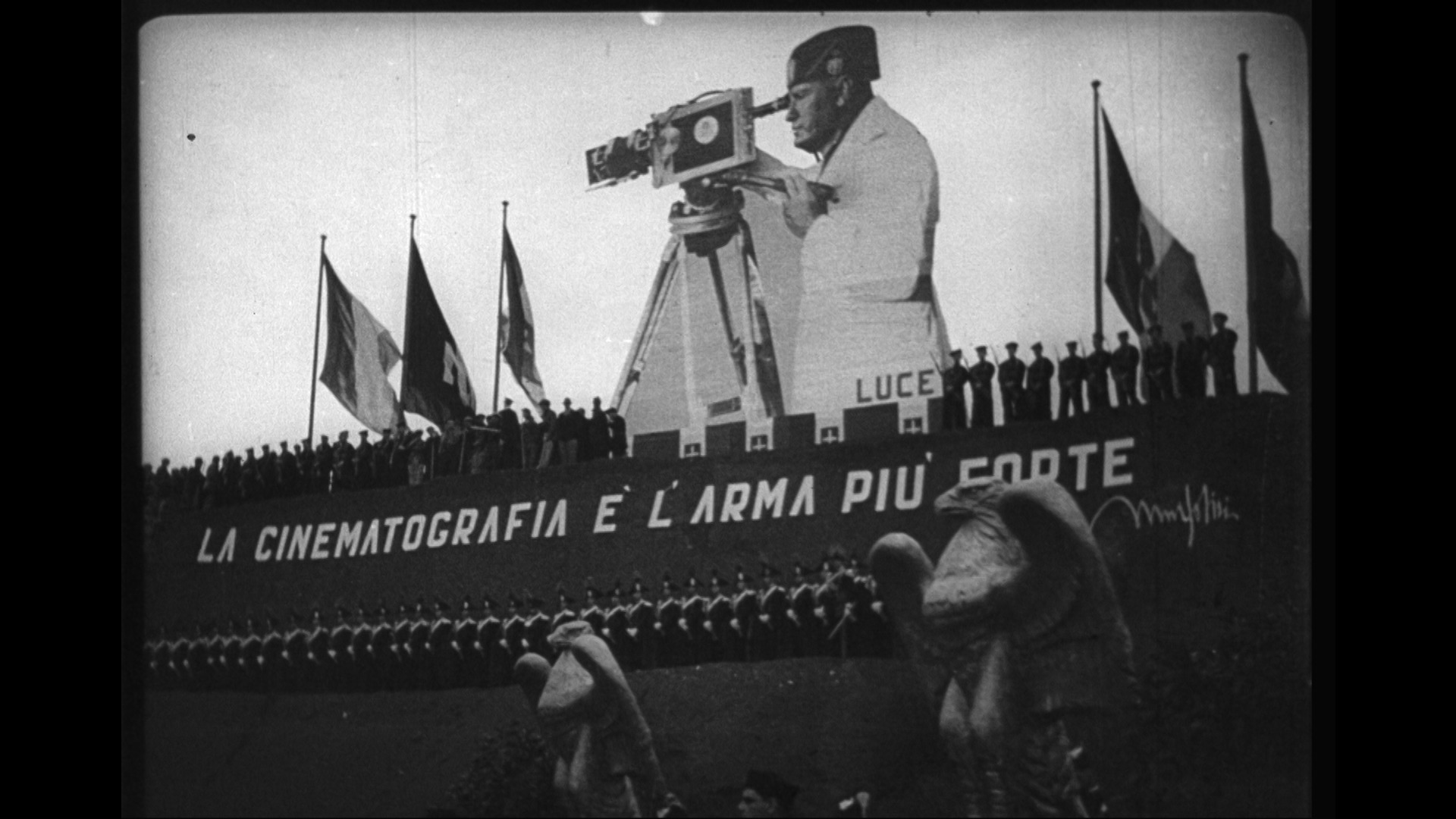At the end of World War II, the Allies had assumed they’d banished the scourge of fascism from Europe forever. However, a hundred years after the March on Rome, seen as the birth of the modern movement, it’s raising its face again. In countries like Hungary, where it holds a sway, but more troubling in Italy itself, where the leader of the Brothers of Italy, Giorgia Meloni, led her party to victory in recent elections.
In 1922, 30,000 fascists marched from Naples to Rome in order to demand the resignation of the Prime Minister and the anointment of Benito Mussolini. The king acquiesced and Il Duce would go on to rule until he was deposed in 1943. His rise would be a catalyst for other movements across the continent. Using A Noi, the official film of the fascist party, as his base, Mark Cousins’ new documentary The March on Rome considers the ascent of his far-right ideology.
You know what you’re getting from one of Cousins’ films, and The March on Rome does not disappoint. It’s a video essay and historical treatise which uses Umberto Paradisi’s film as its slide show, narrated by the Northern Irish director’s lilting tones. Much of it is fascinating, but there’s a bit to much speculation and opinion, as opposed to evidence. And while it’s always lovely to see the wonderful Alba Rohrwacher on screen, I’m not sure what her fictionalised account really adds much. Context, maybe, but it feels trifling. And while The March on Rome is engaging and informative, it also meanders towards the end.
The March on Rome screens at IDFA.














No Comment